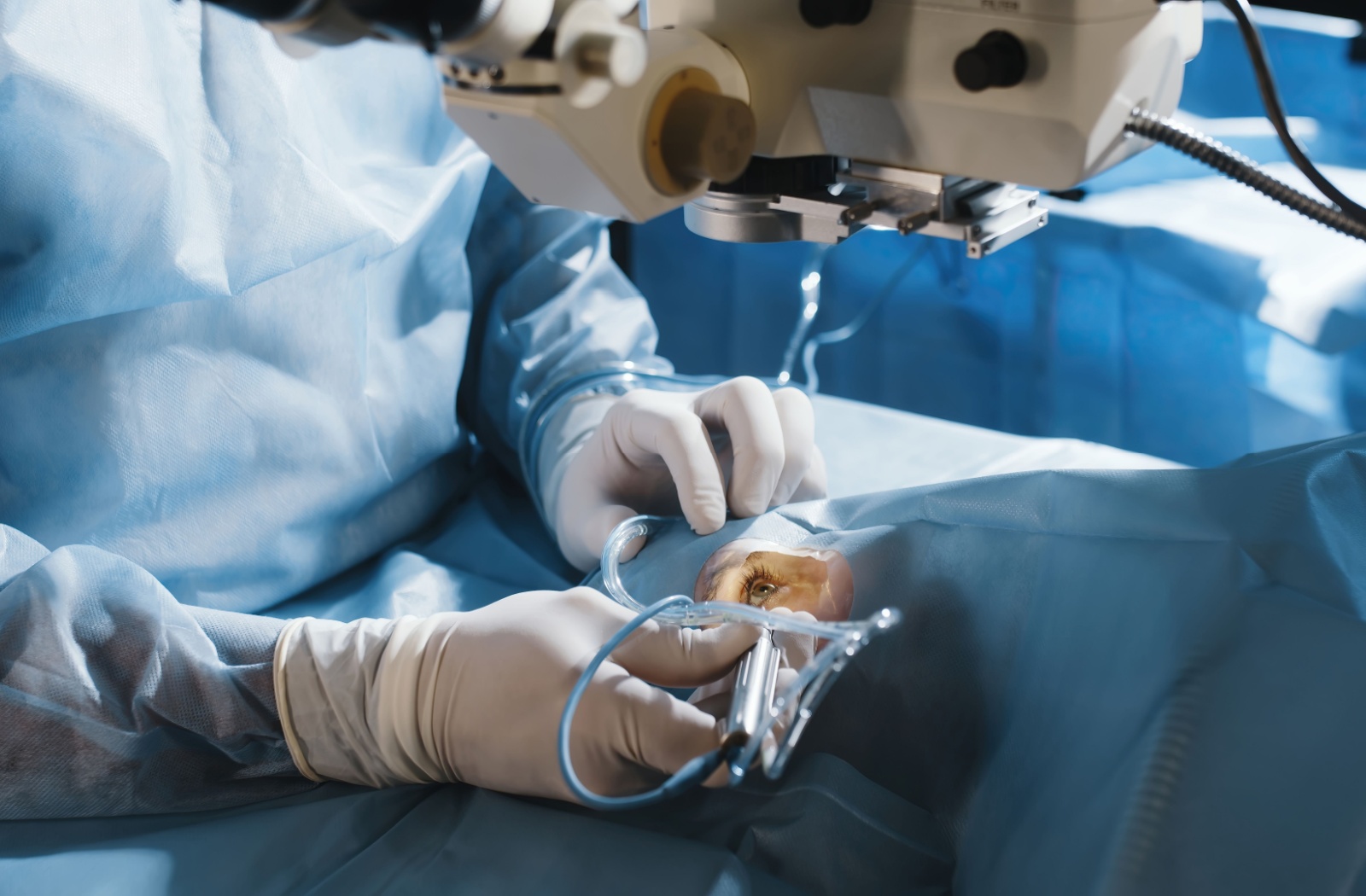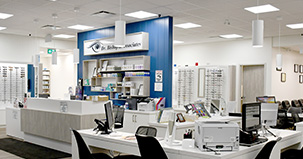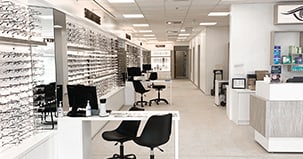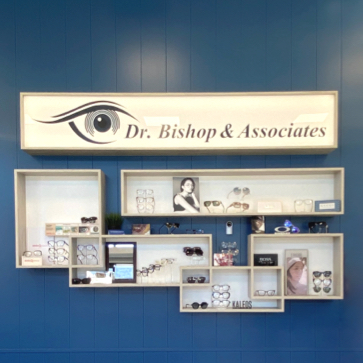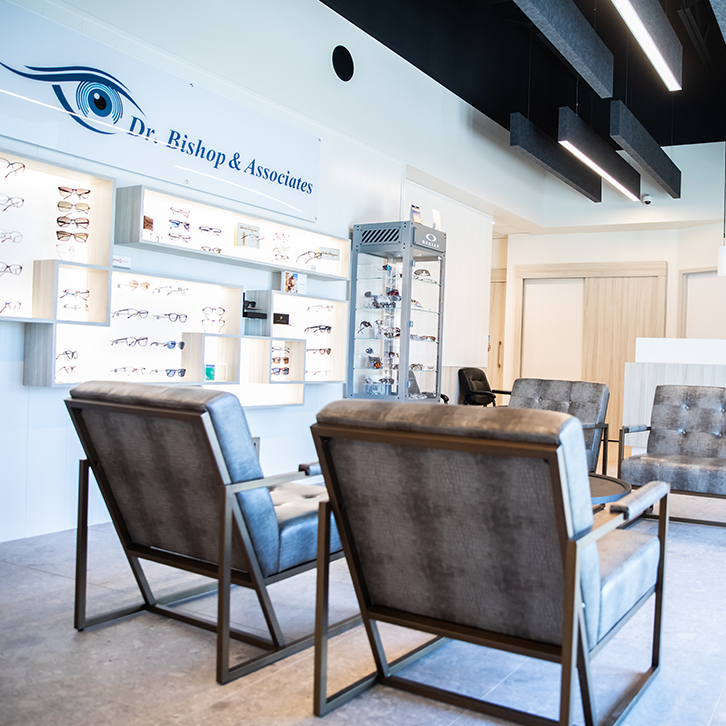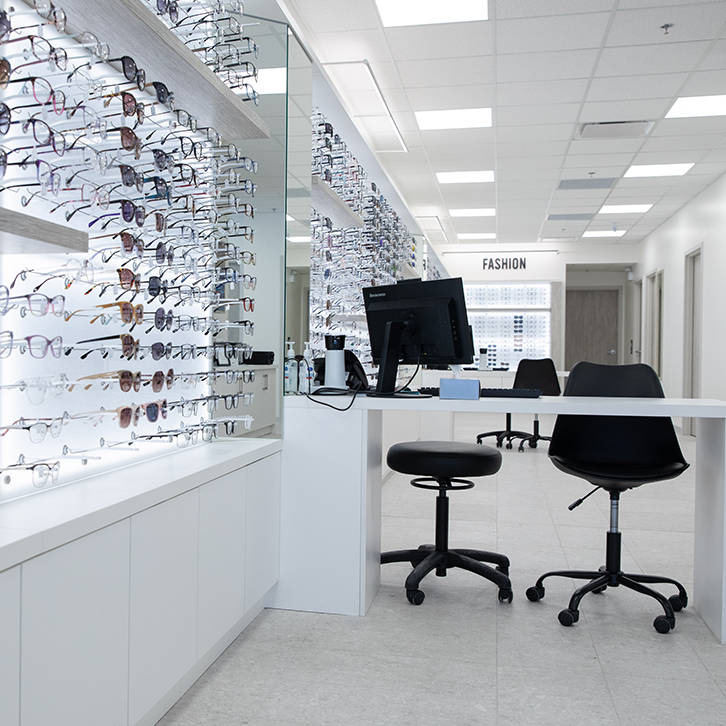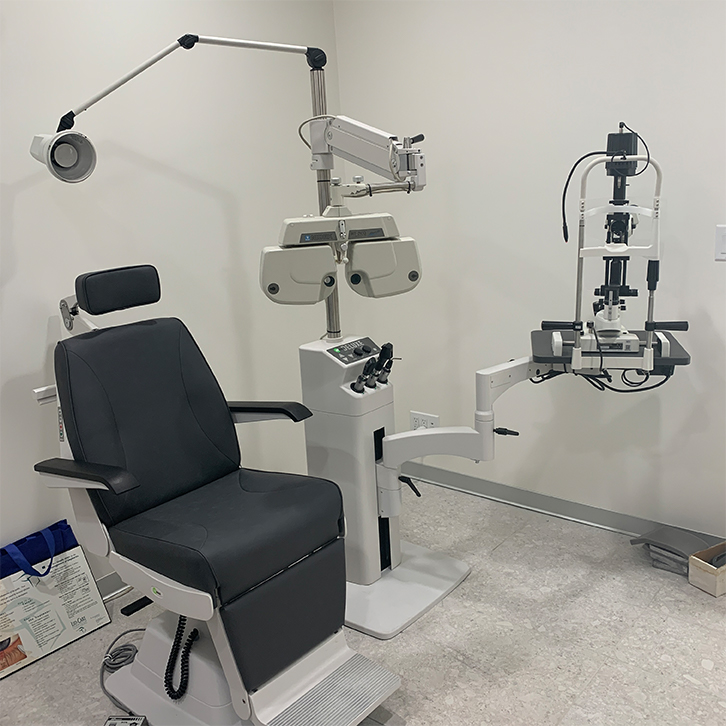Cataract surgery is one of the most common and successful procedures worldwide, offering countless patients clear vision and a renewed quality of life. However, one question often lingers in the minds of those who undergo the procedure—can cataracts come back after surgery?
Fortunately, cataracts cannot return after surgery because the cloudy lens is removed and replaced with an artificial one that can’t grow a cataract. However, some patients can experience a complication of cataract surgery called posterior capsular opacification (PCO), which causes similar symptoms to cataracts. This complication is treatable with a quick procedure.
What Are Cataracts?
A cataract forms when the clear lens of an eye becomes cloudy, obstructing vision. This can make daily activities such as reading or driving increasingly difficult. Cataracts are most commonly caused by aging, but they can also result from factors like diabetes, smoking, prolonged UV exposure, or even trauma to the eye.
Common Symptoms of Cataracts
Could cataracts be the cause of your vision troubles? Here are common symptoms that might signal cataract development:
- Blurred or cloudy vision
- Sensitivity to bright lights or glare
- Difficulty seeing clearly at night
- Colours appearing faded or washed out
- Double vision in one eye
If any of these signs sound familiar, your eye doctor can confirm the diagnosis and help you plan the following steps, which may include cataract surgery.
What Is Cataract Surgery?
Cataract surgery is a safe, outpatient procedure that has helped millions regain clear vision. The clouded natural lens is removed and replaced with an artificial intraocular lens (IOL) during surgery. Modern IOLs can even address vision issues like myopia and hyperopia, reducing dependency on glasses.
Advancements in Cataract Surgery
Laser-assisted and high-tech IOLs have made cataract surgery more precise and customizable than ever. This innovation has established cataract surgery as a trusted procedure, with a success rate exceeding 97% in many cases.
Can Cataracts Return After Surgery?
The short answer is no—it cannot grow back once the cataract is removed. However, some patients experience a condition known as posterior capsule opacification (PCO), which is sometimes referred to as a “secondary cataract.”
What Is Posterior Capsule Opacification?
During cataract surgery, the lens capsule—a membrane that holds the lens—is left to support the new artificial lens. Over time, this capsule may thicken or become cloudy, mimicking the symptoms of cataracts.
How common is PCO? Studies show that approximately 20-30% of cataract surgery patients experience PCO within the first five years after surgery.
The good news? PCO is treatable, and the procedure to resolve it is quick and painless.
How Is PCO Treated?
A procedure called YAG laser capsulotomy is performed to correct PCO. We use a specialized laser to clear the clouded capsule, restoring your clear vision. The noninvasive process takes only a few minutes, and recovery is typically immediate.
Are There Other Side Effects of Cataract Surgery?
Though cataract surgery is considered safe, like any medical procedure, it does have some potential side effects. These include:
- Mild discomfort or irritation in the eye
- Sensitivity to light for a few days
- Temporary blurry vision during recovery
Less Common But Possible Side Effects
While rare, more serious complications can occur, such as:
- Infection
- Swelling in the cornea or retina
- Retinal detachment
Most side effects can be managed with post-operative care and medications prescribed by your doctor. Always report any severe or persistent symptoms to your healthcare provider immediately.
What If My Vision Gets Hazy Again?

If your vision becomes hazy or blurry months or years after surgery, it could instead indicate PCO or another eye condition, such as dry eye syndrome or macular degeneration.
Steps to Take:
- Consult your eye doctor: Share your symptoms at your follow-up appointments or contact them earlier if necessary.
- YAG laser capsulotomy: If PCO is diagnosed, this simple procedure can clear your hazy vision in minutes.
- Comprehensive eye exam: Other issues unrelated to your cataract surgery may require a tailored treatment plan.
What to Do After Cataract Surgery
Proper care after surgery is essential for a smooth recovery and optimal results. Here are some tips to follow after your procedure:
1. Protect Your Eyes
During the first few days, always wear the protective shield or sunglasses provided by your doctor. Avoid activities that could strain your eyes for at least a week, such as heavy lifting or bending over.
2. Follow Medication Instructions
You’ll likely be prescribed eye drops to reduce inflammation and prevent infection. Follow the recommended dosage for the entire duration of the prescription.
3. Attend Follow-Up Visits
We will want to assess your healing progress, so don’t skip follow-up appointments, even if you feel great.
4. Avoid Irritants
Stay away from dust, smoke, and anything irritating your eyes. Bathing carefully and avoiding makeup during recovery are also recommended.
5. Know Your Red Flags
Contact us immediately if you notice severe pain, sudden loss of vision, or signs of infection like redness and discharge.
Your Vision Is Our Mission
Dr. Bishop & Associates knows that cataract surgery is a life-changing procedure that offers a future filled with brighter, sharper views. While cataracts don’t “come back” after surgery, awareness of conditions like PCO ensures you’re prepared to maintain your visual health for years. Contact us today if you’re considering cataract surgery or have concerns about your post-operative experience.

